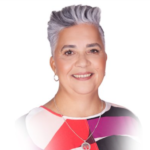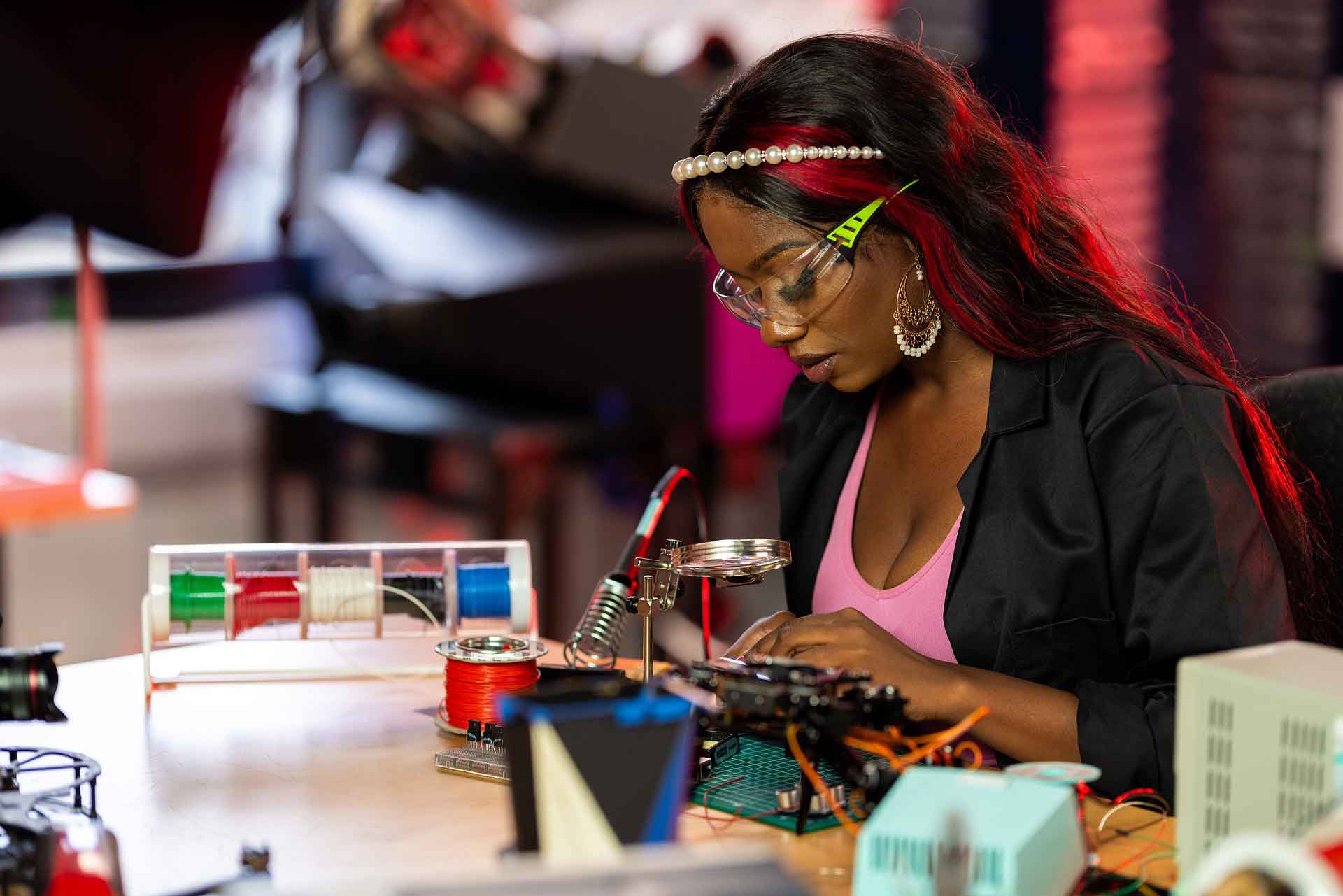Creating impactful research in the knowledge system does not happen magically. Somebody needs to be driving it, says Professor Heidi van Rooyen, Group Executive: Impact Centre at the Human Sciences Research Council (HSRC). She argues that creating research with impact needs a leader to say, “This matters. We must do it’.
Van Rooyen was speaking on Institutionalising Impact – Processes and Practices in a panel discussion on Research and Innovation Impact at the 7th Biennial Research and Innovation Dialogue in Umhlanga, north of Durban, on 21 and 22 September. The Dialogue was hosted by the Research and Innovation Strategy Group of Universities South Africa (USAf).

She said impact does matter. “If we are to remain globally competitive, and to continue to hold on to this important core of our business in higher education, it is something we must get our heads around. The idea that we create new knowledge just because we can, for ourselves, our theories, our concepts, and our careers – is running out a little bit,” she said.
As much as it needs leadership, impact is not just about pushing from the top, she said. It also needs intervention at the middle level where there are barriers such as lack of time and lack of energy, and people moaning: ‘I’ve got so much to do, I can’t really get to impact’.
Professor van Rooyen said for the last three years the Impact Centre has been developing capacity and practices and trying to shift cultural and institutional change. They wanted “to think about impact in ways that are particular for the Global South”, she said, and unpack the meaning of the HSRC’s tagline, “social science that makes a difference”.
Measuring impact at the HSRC
One common pushback they face towards impact at the HSRC is: “How do we measure it, how do we demonstrate that this knowledge, this evidence we provided, has led to these broader changes in society?”
The HSRC looks at impact in three ways:
- Relevance – are they asking the right questions and addressing the right kind of issues in society?
- Quantitative and qualitative measurements – trying to prove and measure impact quantitatively (which Chris Brink had warned about not being pertinent to impact) as well as qualitatively with case studies and narratives; and
- Visibility – not just making a difference but also making people aware of it.
The Impact Centre’s task is to drive those three parts of their mandate to the rest of the organisation.
Shifting the culture
They are trying to move the HSRC beyond the idea that “knowledge is valued only if it can be monetised or lead to something such as policy programmes and interventions.” They’re trying to “show that our work changes behaviour and attitudes. Our work as a social science council does lead towards alleviating poverty, inequality, and unemployment”, she said.
The Impact Centre has been striving to shift culture and researchers’ minds that their job is done when they have published in the right journal with the right people. “We have to do quite deliberate things to broker that evidence,” she said.
She said engaged research is fundamental to impact. “Because how do you imagine you’re going to have impact on society if you sit in your ivory tower in our lovely new offices in Cape Town, separate from the community, civil society, the stakeholders, the publics that you and your researchers are ultimately serving? At the heart of engaged research is the realisation that we must collaborate, co-produce, and communicate in all phases of the research process”.
Impact in the Global South
The HSRC wants to infuse the conversation around impact with “what we know and ways very particular to the Global South. Our indigenous knowledge system, stories, words, performance, poetry- – these are other ways in which we touch lives. How do we use some of these methods to transform the kind of conversation of impact, dominated as it is by the North?” she said.
While the HSRC does not have all the answers about impact, Professor van Rooyen believes there are some things they are doing right, such as creating awareness in their researchers that their work has impact. “But that’s taken a little while to shift,” she said.
She concluded by saying that it takes time for people to realise that impact is not yet another thing they have to do in the academy alongside teaching and research. It is fundamental to what they should be doing.
This piece was written by Gillian Anstey for Universities South Africa and first appeared here.


